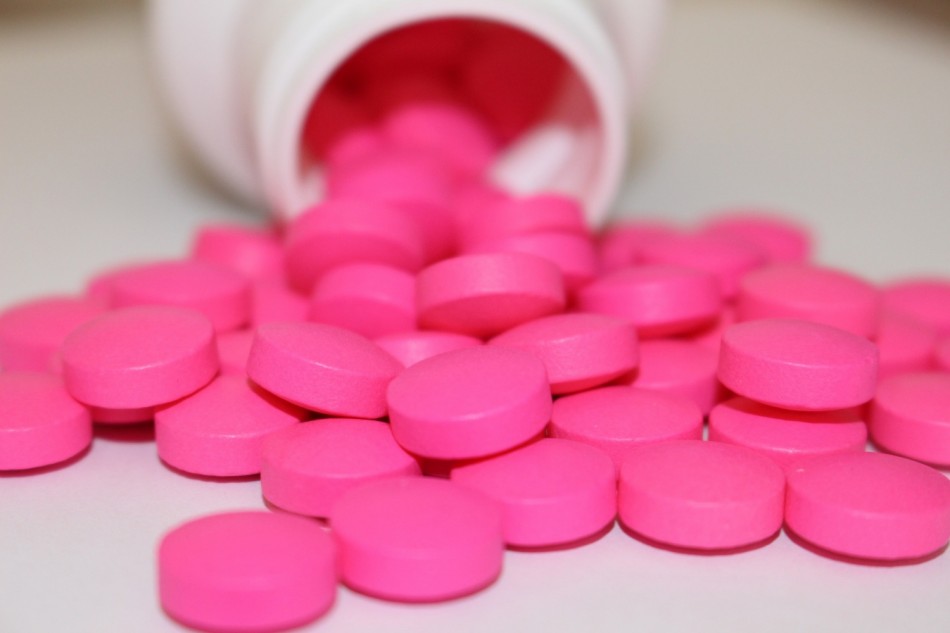British Mom Warns Parents Not To Give Their Child With Chickenpox Ibuprofen After Her Son Almost Died

Verity, a British mom who posted horrifying images of her son who had chickenpox, warned other mothers not to give their child Ibuprofen to relieve symptoms of the infection.
According to Verity, her son is suffering from the consequences of taking Ibuprofen, and she wished she hadn't allowed it as it almost killed her son.
She took her son, Tommy, to the hospital when his temperature spiked, and he couldn't keep food or fluids down. One of the male nurses there told her to let him take Ibuprofen and Calpol together to help reduce his temperature.
At first, she didn't believe the male nurse and questioned the suggested medication, but was told not to believe everything she saw on Google as it was only an old wives tale. The nurse added that in his time working in a hospital, he's never seen Ibuprofen react to Chickenpox, not even once, New York Post reported.
She followed the recommendation and waited another few hours for the doctors to provide them with a 24-hour pass, but she noticed a mark on her son's belly. She quickly showed it to the nurse, but he told her that it was nothing and there was nothing to worry about as it could just be another chickenpox forming. They left the hospital and returned home.
The effects of over-the-counter medication on the child
The following morning, around 6 a.m., Tommy developed a bruise on his belly; by 8 a.m., it turned black. The British mom quickly called her doctor, who confirmed that her son was infected and encircled the marks to check if it had spread. They did, and by 4 p.m., the boy's belly became swollen, black, and blue.
The child was immediately given an intense course of both antibiotics and fluids. Doctors told Verity that her son should never have been given the Ibuprofen and warned that if Tommy had taken one more dose, it could have been fatal for him.
CPR Kids shared Verity's post and reminded the public that although such reactions are rare, they should not be taken lightly as they can result in necrotizing soft tissue infections like what happened to Tommy. The organization labels it as a serious and life-threatening condition that requires immediate treatment to prevent it from eliminating skin, muscle, and other soft tissues.
Such infections can progress rapidly if they are not aggressively treated.
In America, more than 95 percent have had chickenpox, and approximately about 4,000,000 people get chickenpox annually. The chickenpox vaccine was introduced in 1995, and since then, fewer children have contracted the disease, per Boston Children's Hospital.
Taking care of a child with chickenpox
Usually, chickenpox's common signs and symptoms include fever, tiredness, loss of appetite, and headache. Chickenpox is caused by a virus; thus, it is a highly contagious disease. Although there is a chickenpox vaccine, children still develop the disease annually. Chickenpox is a rash that gradually turns into itchy, fluid-filled blisters and scabs.
As the disease is contagious, keep your child at home or limit their exposure to other people until no new blisters have developed. This usually takes approximately almost a week for the blisters to turn into scabs, per the American Academy of Dermatology Association.
Related Article: Toddler's 'Worst Case Of Chickenpox' Prompts Call For Free Vaccination
© 2024 ParentHerald.com All rights reserved. Do not reproduce without permission.
